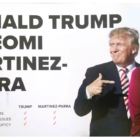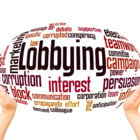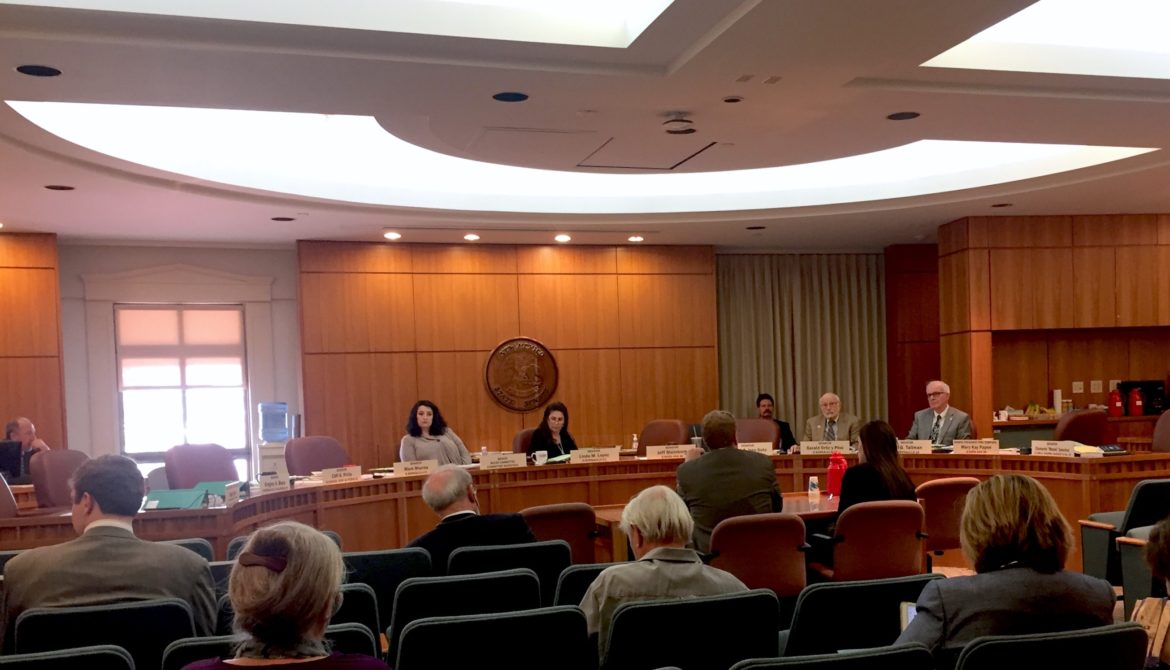2020 Election
Modest sunshine still leaves campaign cash in shadow
|
Since New Mexico enacted a new disclosure law last year, more than $800,000 in political spending has been publicly reported by nonprofit groups that in the past would have remained largely hidden. It’s a change that Secretary of State Maggie Toulouse Oliver calls “a huge victory.” But Austin Graham of the Campaign Legal Center, which advocates for tighter regulation of money in politics, is more reserved: “What’s on the books in New Mexico is not the most cutting edge, but it’s undoubtedly a big improvement from the last decade.”
The New Mexico experience illustrates that improving the transparency of how campaigns are financed can be done, but making progress often requires incremental steps that take a lot of time. What has happened in New Mexico is an example of what states across the country must grapple with when they seek to slow the influence of money over their own politics, at a time when federal regulation of presidential and congressional elections has shriveled.
An ocean of money still floats through the state’s elections while remaining out of public view — it’s spent on mailers and advertising that blanket television, radio and social media as elections near — because the new law didn’t strengthen donor disclosure requirements for political action committees.More than $4.8 million in spending on campaigns across the state this year came from PACs whose donations are very difficult if not impossible to trace to their original source, according to an analysis by New Mexico In Depth and The Fulcrum. That’s because their donors often are nonprofit groups or other PACs, so the only way to learn where the money originally came from is to find out the contributors to those other groups. Finding out who gives to nonprofit organizations — so-called “dark money groups” — can be next to impossible, because for the most part they aren’t required to identify their own donors.









